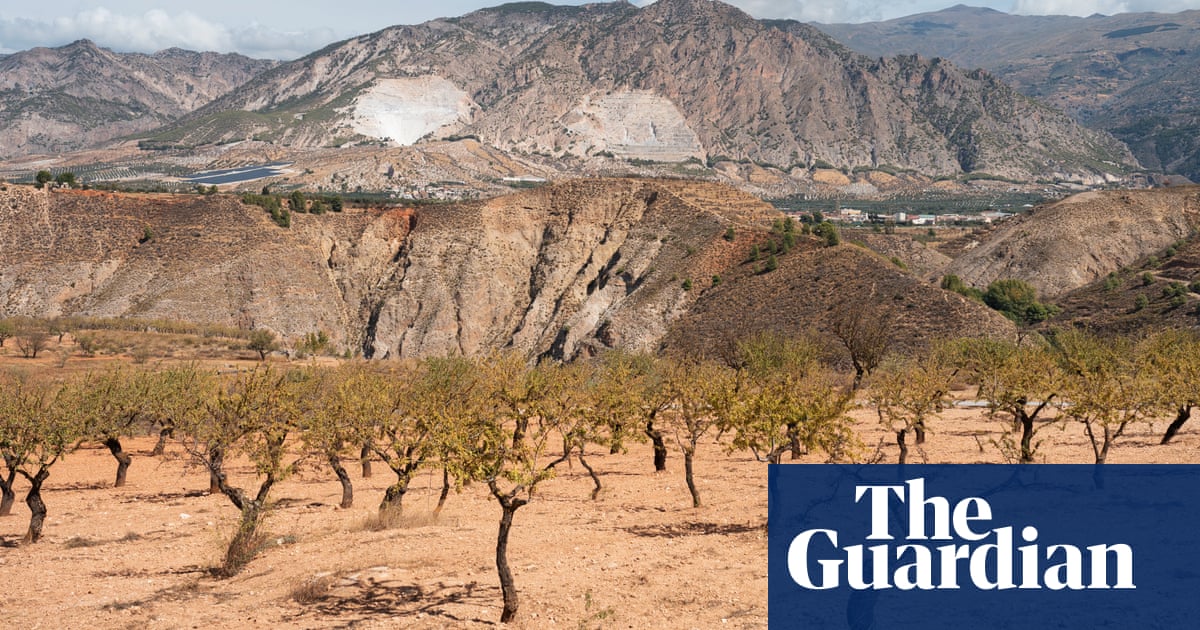After catastrophic floods engulfed Valencia last month, killing more than 200 people, it might seem counterintuitive to think about water shortages. But as the torrents of filthy water swept through towns and villages, people were left without electricity, food supplies – and drinking water. “It was brutal: cars, chunks of machinery, big stones, even dead bodies were swept along in the water. It gushed into the ground floor of buildings, into little shops, bakeries, hairdressers, the English school, bars: all were destroyed. This was climate change for real, climate change in capital letters,” says Josep de la Rubia of Valencia’s Ecologists in Action, describing the scene in the satellite towns south of the Valencian capital.
In the aftermath, hundreds of thousands of people were reliant on emergency tankers of water or donations of bottled water from citizen volunteers. Within a fortnight, the authorities had reconnected the tap water of 90% of the 850,000 people in affected areas, but all were advised to boil it before drinking it or to use bottled water. Across the region, 100 sewage treatment plants were damaged; in some areas, human waste seeped into flood waters, dead animals were swept into rivers and sodden rubbish and debris piled up. Valencia is on the brink of a sanitation crisis.
But while Garriga and other Catalans have been suffering water shortages in recent years, there’s one group of people that appears to be immune, and even profits from them: the multinational companies extracting millions of litres of water from the very same land. This isn’t just a Spanish issue – across the world, from Uruguay to Mexico, Canada to the UK, many have begun to question whether private corporations should be allowed to siphon off a vital public resource, then sell it back to citizens as bottled water.



As long as it’s emergency… then again, some temporary policies may become permanent, but let’s see
Edit:
I say this, because, if you look into the article, this sort of policy was de facto in Uruguay and Mexico
And it seems not only are they circumstantially restricted to bottled water, but a lot of the water seems to be directed to industries, rather than direct consumers